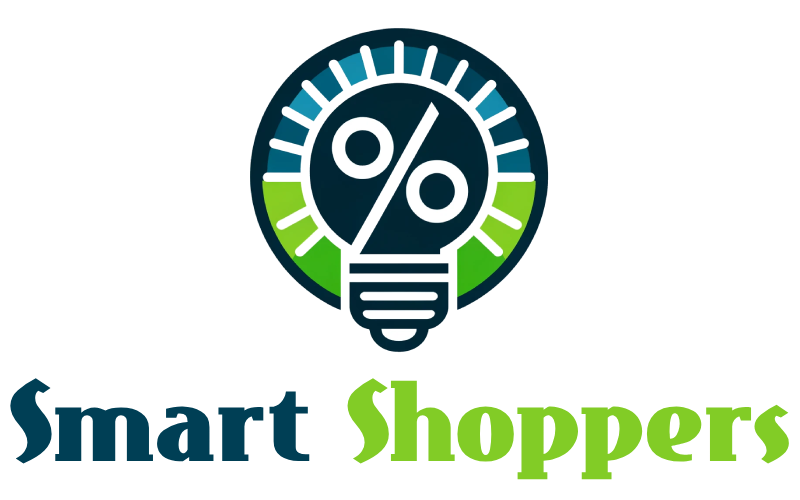In the evolving landscape of reading, the debate between eBooks and paper books remains a topic of keen interest and division among readers. Each format offers distinct advantages and experiences, shaped by technological advancements and traditional values. This discussion not only pertains to personal preference but also reflects broader changes in how information is consumed and appreciated in the digital age.
eBooks have risen in popularity due to their convenience and functionality. One of the most compelling features of eBooks is their portability. A single e-reader can hold thousands of books, which is a boon for avid readers who are often on the move. This capacity allows for a variety of reading materials to be carried in one compact device, significantly reducing the physical burden that comes with carrying multiple paper books. Additionally, eBooks offer functionalities such as adjustable font sizes and backlit screens, making reading accessible to those with visual impairments or those who read in varying light conditions.
The environmental impact of eBooks is another point in their favor. Digital books do not require paper, ink, or traditional binding materials, which contributes to a reduction in the use of natural resources and a decrease in the reader’s carbon footprint. Furthermore, the immediate availability of eBooks—downloadable in seconds from anywhere with an internet connection—adds a layer of convenience that physical books cannot match, enhancing their appeal in a fast-paced world.
However, despite these advantages, eBooks come with drawbacks. Reading from screens for long periods can lead to digital eye strain, characterized by headaches, blurred vision, and dry eyes. The sensory experience of eBooks is also limited; they do not offer the tactile experience of turning pages or the smell of a new book, which many readers cherish. Moreover, the initial cost of e-readers can be a barrier for some, and the requirement for battery power means one cannot read indefinitely without recharging, unlike a paper book.
On the other side of the debate, paper books have a traditional charm that many readers find irreplaceable. The physical act of turning pages can enhance the reading experience by creating a tangible sense of progress. Additionally, paper books do not involve screen time, thus they do not emit blue light, which can interfere with sleep patterns. For many, the aesthetic and feel of books contribute to a home’s decor and personal library, providing a sense of satisfaction and ownership that digital books cannot replicate.
Paper books also boast durability and permanence. A well-maintained book can last for decades, if not centuries, without the need for electronic compatibility or fear of digital obsolescence. Furthermore, the resale value of paper books, along with the ability to lend and borrow them easily, fosters a community of readers and a culture of sharing literature that is more cumbersome to achieve with digital rights management (DRM) protected eBooks.
The decision between eBooks and paper books often depends on the context of reading. For travelers and students who value convenience and portability, or those who require large text sizes, eBooks may be preferable. Conversely, for those who read extensively in leisure, cherish the tactile experience, or collect books, paper books may be more appealing.
In conclusion, the choice between eBooks and paper books is not merely a matter of old versus new but a decision shaped by personal preference, lifestyle, and values. As technology continues to evolve, the landscape of reading will undoubtedly continue to change. However, both forms of books likely will continue to coexist, as each offers unique benefits that cater to different needs and preferences within the reading community. Ultimately, whether turning a page or swiping a screen, the joy of reading remains undiminished, transcending the medium through which stories and knowledge are conveyed.

